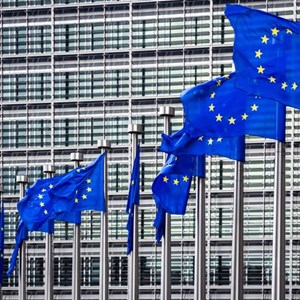European Commission’s Omnibus Directive ‘Aligning product legislation with the digital age’ proposes uniform alternative options to give businesses legal certainty regarding compliance with EU rules, where harmonized standards do not exist or are not available.
CEN and CENELEC support the European Commission’s efforts to harmonize criteria for issuing common specifications. However, it is critical that the process is done in a way that ensures the involvement of a broad range of stakeholders, from societal stakeholders to Member States and industry as they are the actors who will later enforce and follow specifications to gain access to the internal market.
CEN and CENELEC urge the Commission to follow the consistency set in recent legislative negotiations and continue to use the Machinery Regulation as blueprint for all future articles on common specifications, including in this proposed Omnibus.
A reliance on European Commission (EC) common specifications could undermine the New Legislative Framework. Harmonized standards should remain the preferred choice, while resorting to common specifications should be only considered in narrowly defined and duly justified cases. There are some clear advantages to using harmonized standards for compliance with EU legislation over common specifications, including:
- Clear framework with well-defined rules for the development of harmonized standards established by Regulation 1025/2012.
- European Standardization System (ESS) relies on diverse expertise in industry, academia, and other relevant sectors that are needed to develop a harmonized standard.
- While CEN and CENELEC understand concerns around the timely delivery of harmonized standards, it is not yet clear whether common specifications could be developed faster, without sacrificing the access of all interested parties, or the time needed to ensure all relevant technical details are considered.
CEN and CENELEC realize that part of the need to have common specifications as a fallback solution is due to concerns about the timely availability of harmonized standards. CEN and CENELEC believe that the best way to improve the timeliness of deliverables is for both actors in the public-private partnership to take concrete actions for improvements, framed by the upcoming Revision of Regulation 1025/2012.
To find solutions to these common challenges, CEN and CENELEC commit to work together with the European Commission for an advanced European Standardization System, including by ensuring the timely availability of harmonized standards.
To find out more information about CEN and CENELEC's response to the European Commission's public consultation, read the full document HERE.




